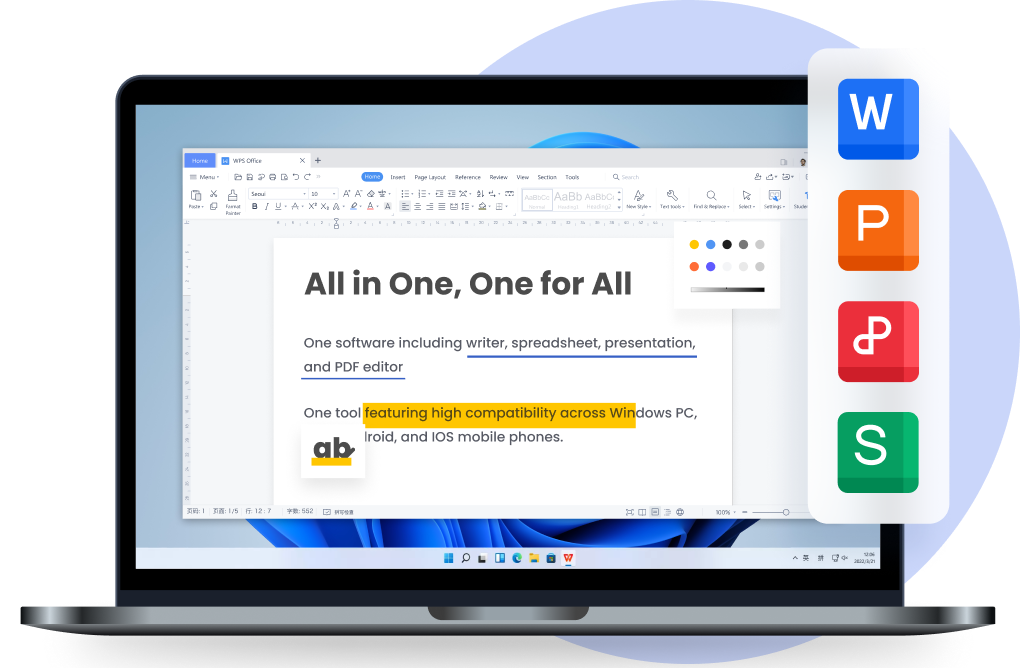It’s frustrating when you have to face the HP laptop screen black and it won’t turn back on. The fans spin, the keyboard lights up, yet nothing appears. I’ve faced that blank screen myself, unsure if it was a serious failure or just a temporary glitch. These issues usually hit at the worst times, right before a meeting or deadline.But most black screen problems aren’t as bad as they look. In this guide, I’ll walk you through four practical fixes and one smart way to stay productive while you troubleshoot.
How to Fix HP Laptop Black Screen
Use an External Display to Bypass the Black Screen
When your laptop screen won’t show anything, but you’re sure it’s turning on, one of the quickest ways to troubleshoot is by connecting an external monitor. This simple step can help you figure out if the issue lies with the display itself or something deeper in the system. I’ve used this method multiple times when dealing with black screen issues, and it often gives instant clarity. If the external screen works, your laptop is functional, it just needs a little adjustment. It also gives you access to your files while you continue to fix the main screen. Here’s how to test it out.
Step 1: Connect your HP laptop to an external monitor or TV using an HDMI cable. Make sure both devices are turned on and the cable is securely connected.
Step 2: Press the Windows key and the P key together. Then use the arrow keys and press Enter to switch between display modes.
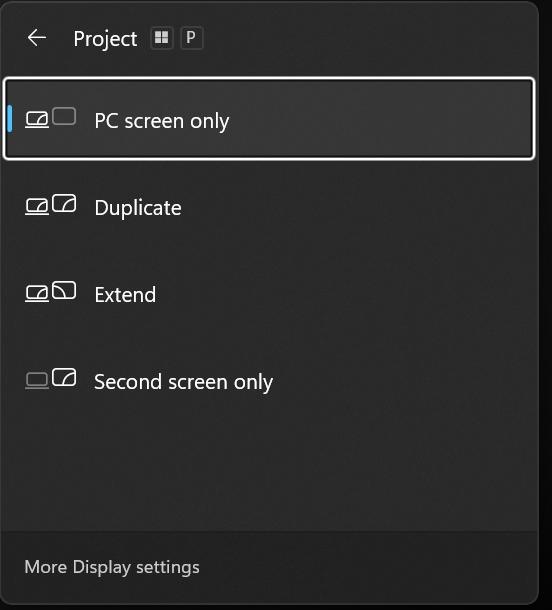
Step 3: If the external screen turns on, your laptop is running, the issue is likely with the built-in display.
At this point, I recommend heading to Device Manager and updating your graphics drivers immediately. Also take the time to back up your documents while the external screen is working, just in case the issue comes back. Using an external monitor not only gives you access to your system but lets you work around the issue while you continue troubleshooting.
Force Reboot on HP Laptops with Non-Removable Batteries
If your hp laptop black screen non removable battery issue occurs, the system might be stuck in a power state loop. This issue is more common than you'd think, especially on newer models with non-removable batteries. I’ve seen this happen right after updates or long periods of inactivity. Fortunately, a forced reboot can often reset the system and bring the display back. It’s a safe, quick fix that doesn’t require any tools or settings. Here’s how to reboot HP laptop with black screen:
Step 1: Press and hold the Power, Volume Down(f7), and ESC keys together for 30 seconds. Keep holding even if nothing appears on screen.
Step 2: Look for the Caps Lock key to blink three times, which indicates the reset has started.
Step 3: After waiting two full minutes, press the power button once to turn the laptop back on. If you see the BIOS or boot screen, the reset worked.
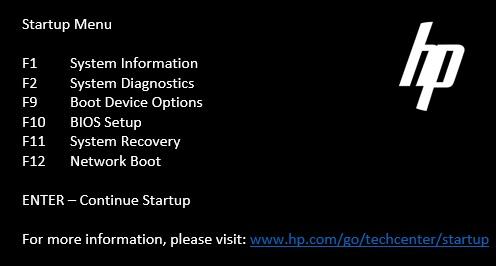
Roll Back Graphics Drivers for “Screen Black But Running” Scenarios
A common cause of the “HP laptop screen black but still running”, especially right after a Windows update, is a faulty or incompatible graphics driver. If your HP laptop screen stays black but keyboard stays lit up (you can hear sounds, fans, or see keyboard lights), you’re likely dealing with a GPU driver conflict. Here’s how to fix the HP laptop screen being black but still running:
Step 1: Hold the power button until the laptop shuts down. Repeat this three times to enter the Windows Recovery screen.
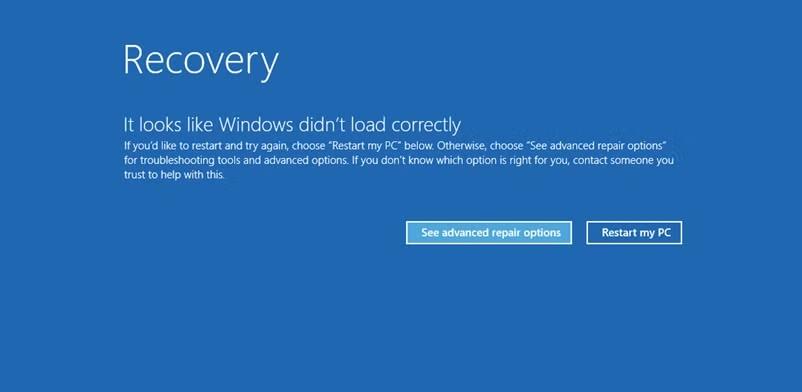
Step 2: Go to Advanced Options, then click on Startup Settings.
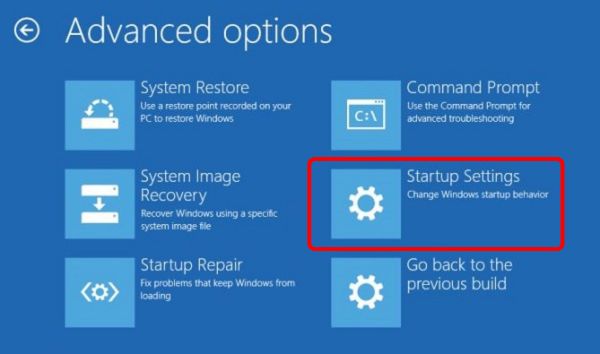
Step 3: Restart and Press F4 to boot into Safe Mode.
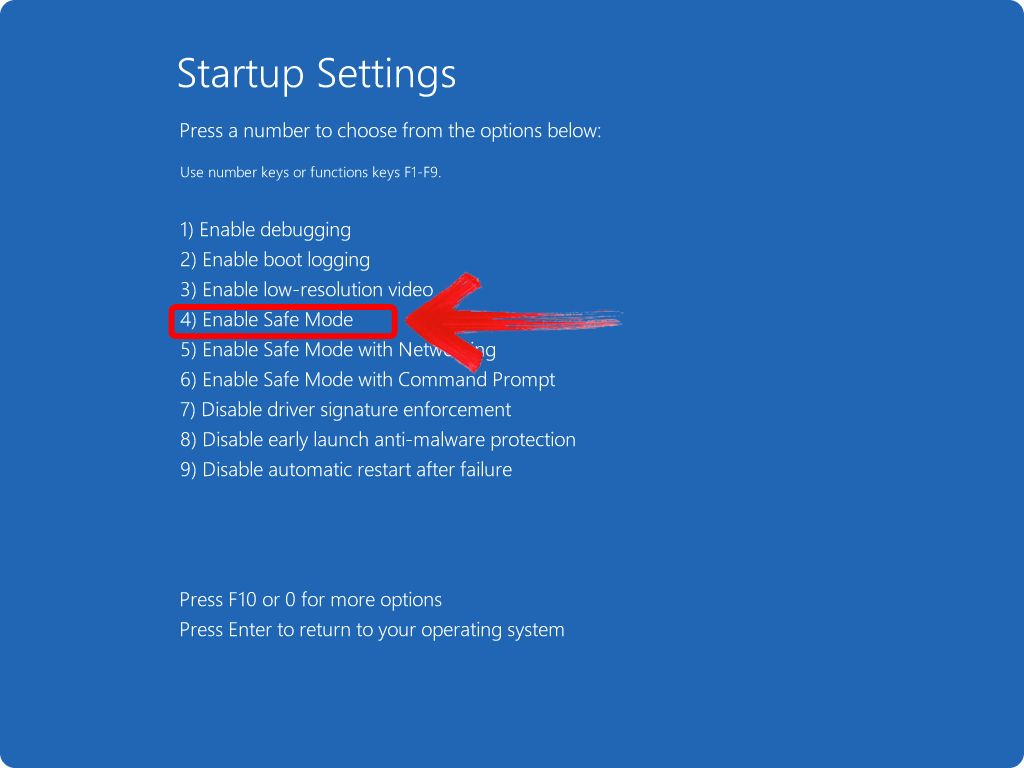
Step 4: Open Device Manager from the Start menu or by pressing Windows + X.
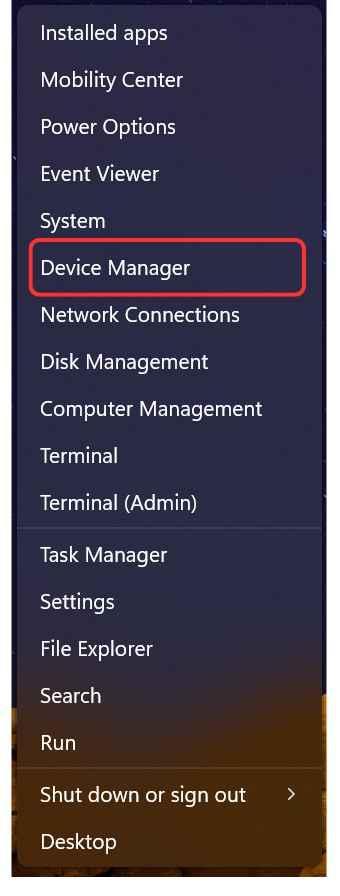
Step 5: Under Display Adapters, right-click your graphics driver. Select “Roll Back Driver,” or uninstall it and restart your laptop.
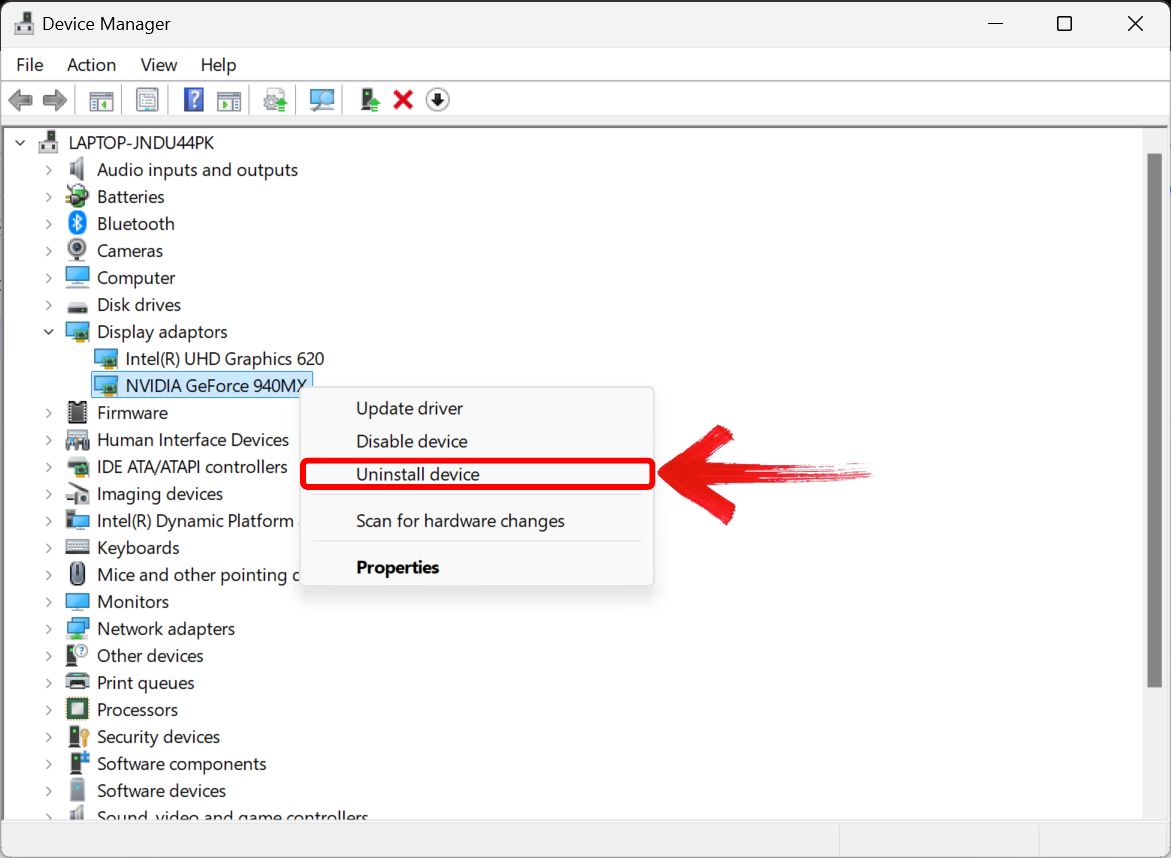
Rolling back the graphics driver solved the issue on my own HP laptop last year after a BIOS and driver update combo knocked out the screen. It's a simple fix that works more often than you'd expect.
Diagnose Hardware Failure for “Keyboard Lit But Black Screen” Issues
If you’ve made it this far and your HP laptop screen black but keyboard lit up or the fan runs, it could point to a deeper hardware issue. At this stage, basic resets and driver fixes likely aren’t enough. You may be dealing with a loose display cable, faulty RAM, or even GPU failure. I’ve had cases where reseating the RAM or booting from a USB helped narrow things down quickly. The goal now is to isolate the problem so you don’t replace parts you don’t need. Here’s how to run a basic hardware check before heading to a repair shop.
Step 1: Use another computer to create a bootable USB drive with Linux using Rufus or BalenaEtcher.
Step 2: Plug the USB into your HP laptop and try booting from it. If there’s still no display, even with an external monitor, it may be a hardware issue.
Step 3: If you’re comfortable, open the back panel and reseat the RAM. If the screen stays black, the problem could be with the LCD cable or GPU.
Before doing that, it’s a good idea to back up your files by removing the laptop’s hard drive and connecting it to another computer with a SATA-to-USB adapter.
WPS Office — A Perfect Match for Productivity on HP Laptops
WPS Office runs surprisingly well after fixing a black screen issue, especially on older HP laptops that can't handle heavy software. After helping a friend restore their system, I used WPS to organize repair notes and get documents ready without installing anything extra. It loaded fast, didn’t freeze, and handled everyday tasks like writing and file management without a problem. If you're looking to keep your system light while still getting real work done, WPS fits right in. Here’s what made the biggest difference:

Writer: I documented the entire recovery process in Writer, from BIOS reset to backup. It autosaved everything and let me format it cleanly without slowing down the system.
Spreadsheet: Perfect for tracking repair timelines and logging which fixes were applied. Even with multiple tabs open, it stayed responsive.
Presentation: I used it to build a quick overview slideshow of the troubleshooting steps I planned to share with a colleague.
PDF: I merged warranty files, annotated repair manuals, and compressed them for email, all without using a separate app.
AI Tools: WPS’s built-in AI helped clean up messy notes and turn them into readable content. I even used the resume tool to help someone document their IT repair skills afterward.
WPS Office didn’t just save time, it made sure the laptop stayed stable after recovery. No crashes, no stress, and no sign-up walls. It’s a solid go-to if you want to get things done after your HP system’s back online..
FAQs
Q1: Can I recover files if my HP screen is black?
Yes. Use an external monitor or pull the hard drive and connect it to another PC with a SATA adapter.
Q2: Is a black screen always caused by hardware failure?
Not at all. Over 60% of cases I’ve seen were fixed with a simple driver rollback or firmware reset.
Q3: Should I replace my RAM if nothing else works?
Only if the Windows Memory Diagnostic Tool shows errors. Try the easier software steps first.
Q4: How do I prevent this from happening again?
Avoid auto-installing GPU updates, perform regular BIOS resets, and use lighter apps like WPS Office to reduce system load.
